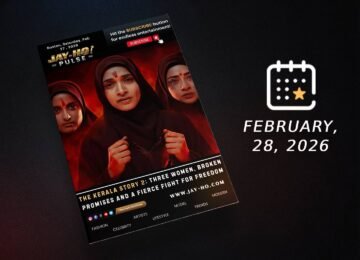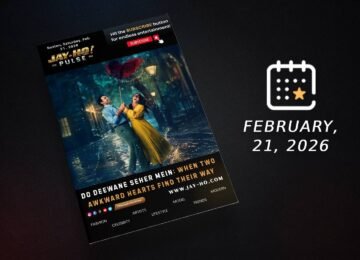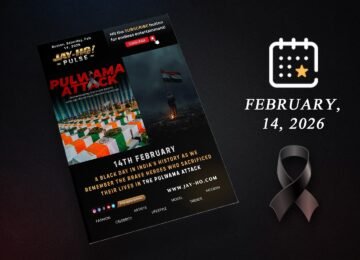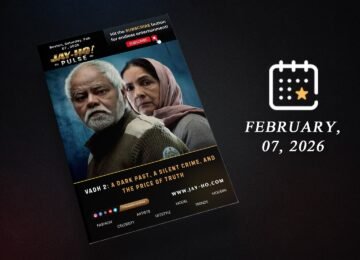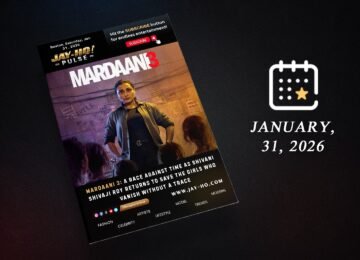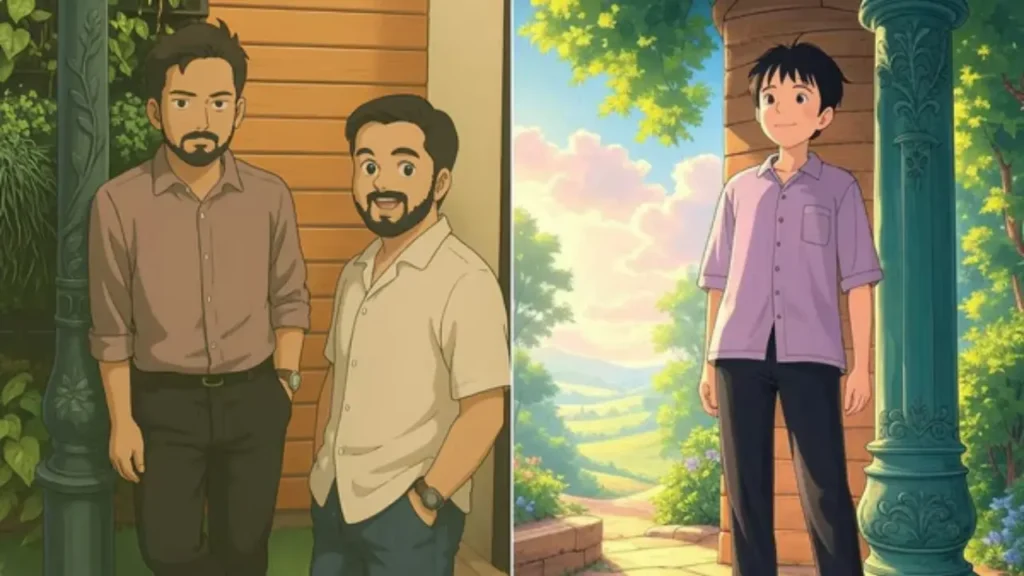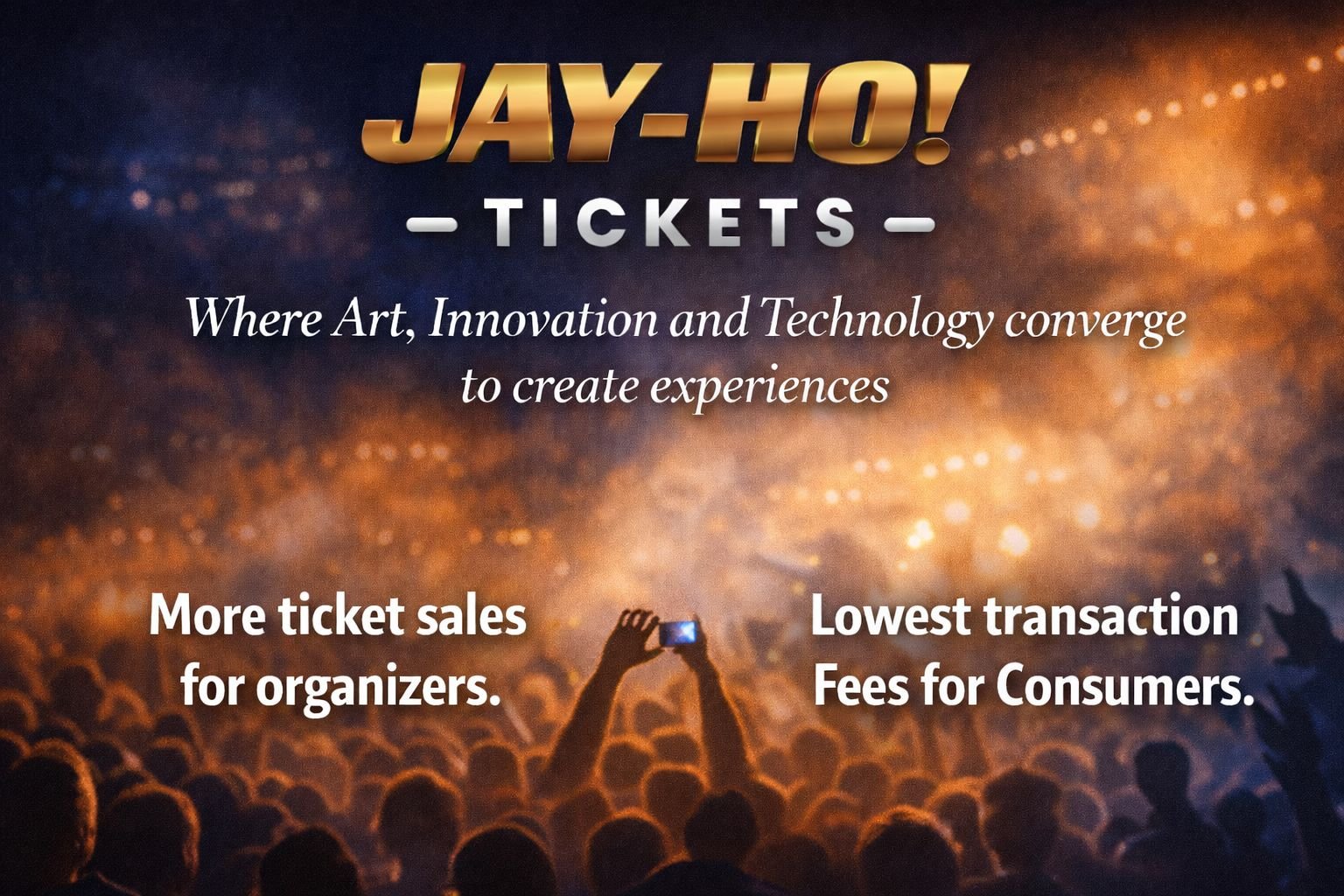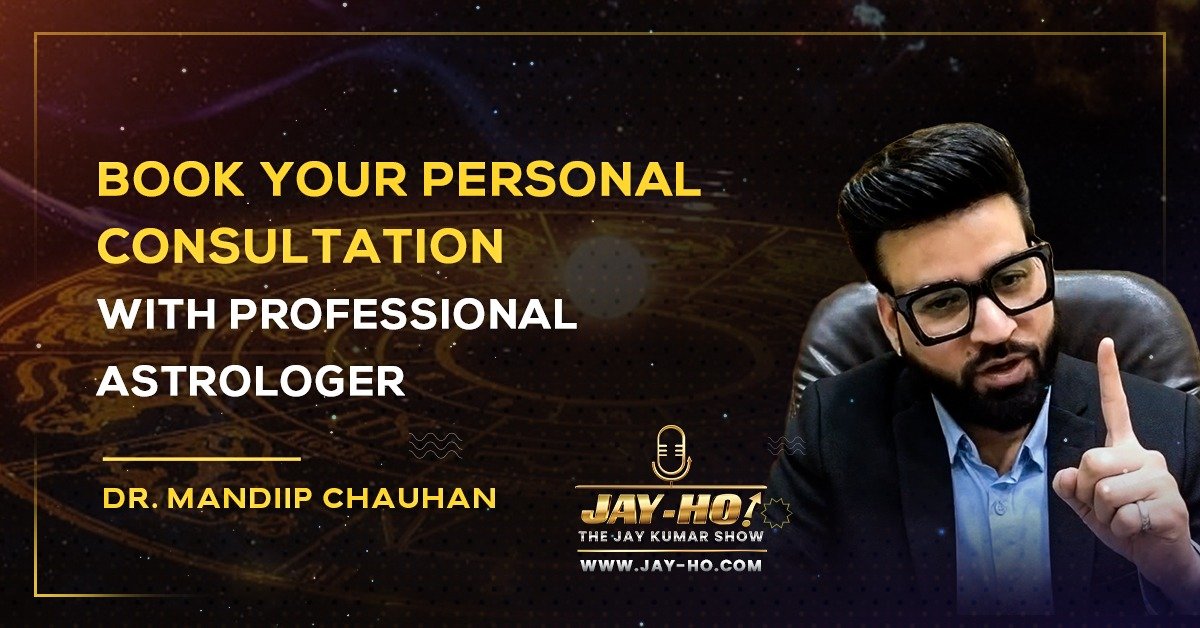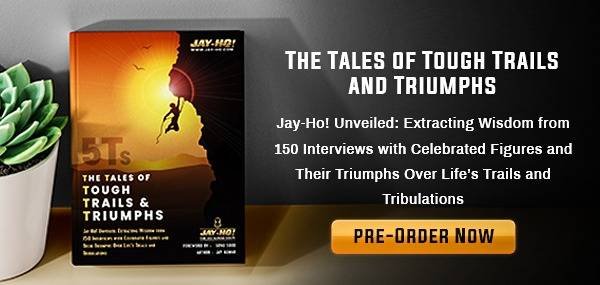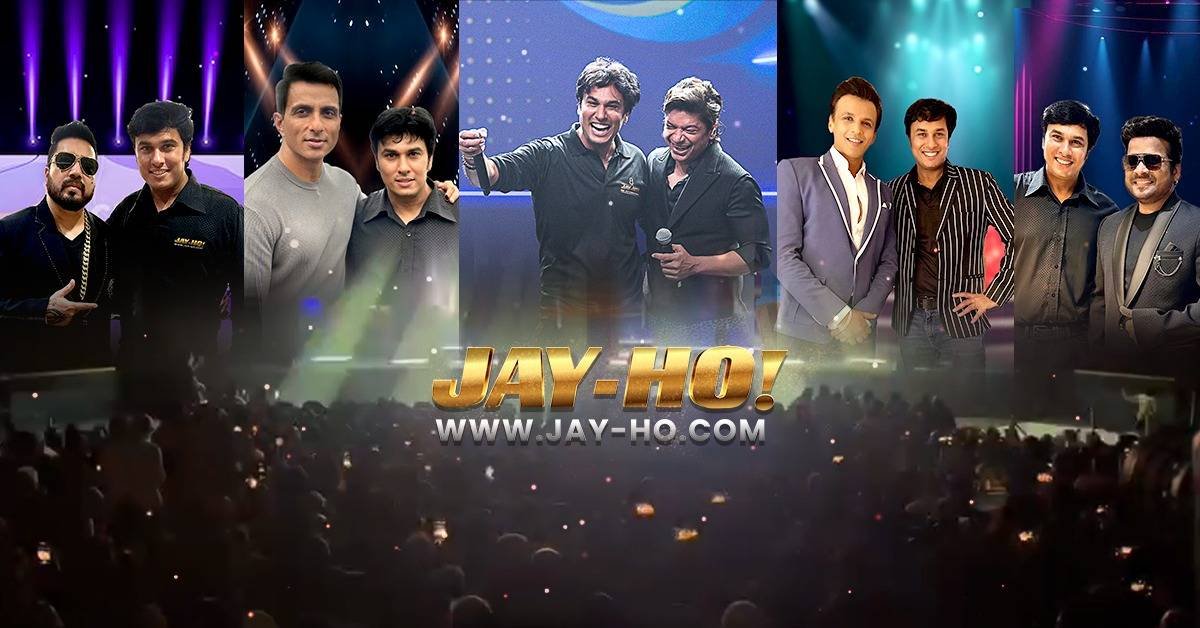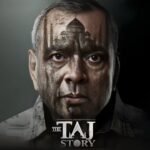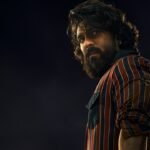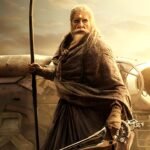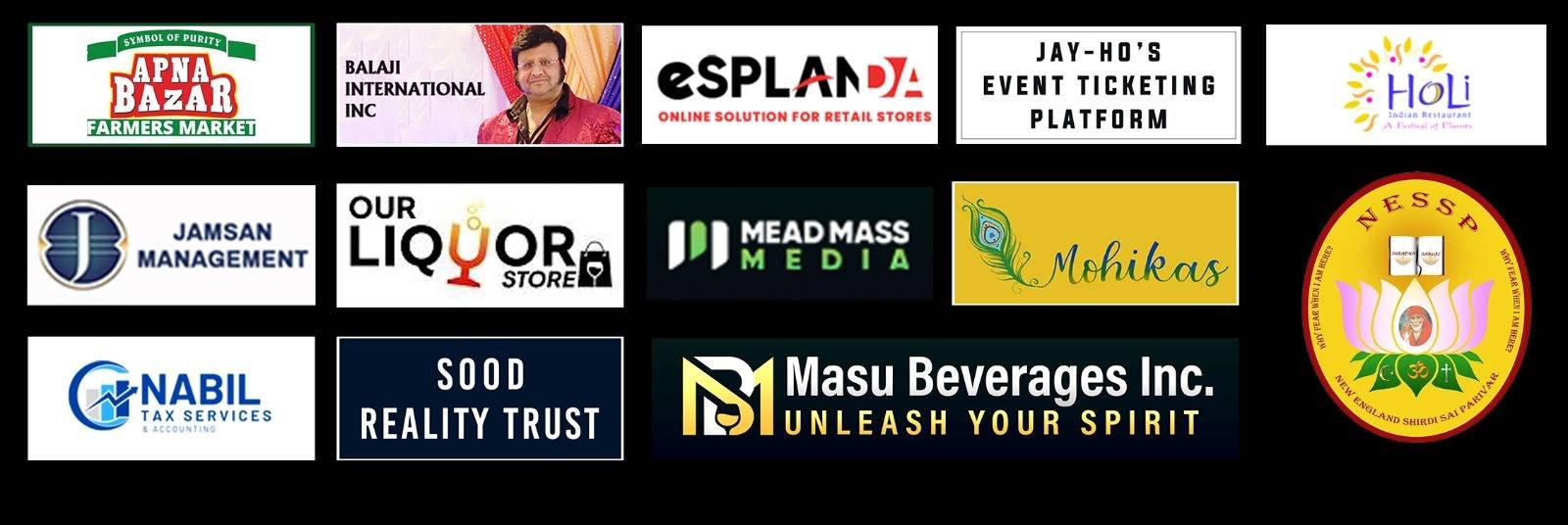ChatGPT recently experienced a massive surge in users due to a viral trend of AI-generated Studio Ghibli-style art. As people rushed to create and share their AI-generated images, OpenAI’s servers struggled to keep up. At the same time, concerns about copyright issues began to arise.
The Viral Ghibli Art Trend
Last week, social media was flooded with AI-generated images inspired by Studio Ghibli, the famous Japanese animation studio founded by Hayao Miyazaki. People used AI tools to create artwork resembling classics like Spirited Away and My Neighbor Totoro. The hand-drawn aesthetic of these films made the trend particularly appealing, leading to an explosion of interest.
ChatGPT’s Record-Breaking Growth
As a result of this trend, ChatGPT saw its biggest user increase ever. According to market research firm Similarweb, the number of weekly active users passed 150 million for the first time in 2024.
OpenAI CEO Sam Altman confirmed the rapid growth in an X (formerly Twitter) post, saying, “We added one million users in the last hour.” He compared this to ChatGPT’s initial launch phase, when it took five days to reach the same milestone.
Reports from SensorTower showed that global downloads of the ChatGPT app increased by 11%, while active users grew by 5% in just one week. In-app purchase revenue also rose by 6%. A key reason for this growth was OpenAI’s recent updates to its GPT-4o model, which improved AI-generated image quality.
However, the high demand put significant pressure on OpenAI’s servers. Altman joked, “It’s super fun seeing people love images in ChatGPT. But our GPUs are melting.”
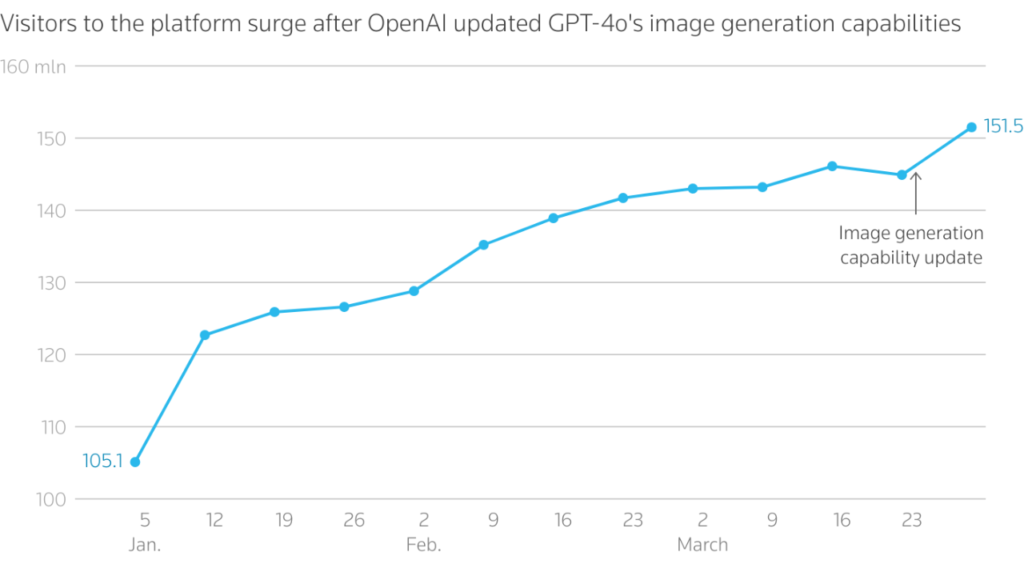
Legal Concerns Over AI-Generated Ghibli Art
While users enjoyed creating AI art in Ghibli’s style, some experts raised legal concerns. AI-generated artwork based on famous styles brings up questions about copyright laws and ownership rights.
Evan Brown, a legal expert from Neal & McDevitt, explained, “Copyright law generally protects specific works, not artistic styles. However, using AI to mimic Studio Ghibli’s unique look is a legal gray area.”
So far, OpenAI has not commented on how its AI models were trained or if they used any Ghibli artwork. This lack of transparency has added to the debate.
Miyazaki’s Past Criticism of AI Art
As the AI art trend grew, past remarks from Hayao Miyazaki resurfaced. The legendary animator has long been critical of AI-generated art. In a 2016 interview, he strongly rejected the idea, saying, “I am utterly disgusted.” When shown an early AI animation, he added, “I would never wish to incorporate this technology into my work at all.”
Miyazaki’s views highlight the ethical concerns surrounding AI-generated art. As AI continues to evolve, debates over copyright, artistic authenticity, and ethics are likely to grow even more intense.
The Future of AI-Generated Art
The popularity of AI-generated Ghibli-style art has shown the incredible potential of AI in creative fields. However, it also raises important legal and ethical questions that remain unresolved. As AI technology improves, the conversation around artistic rights and originality will only become more significant.


